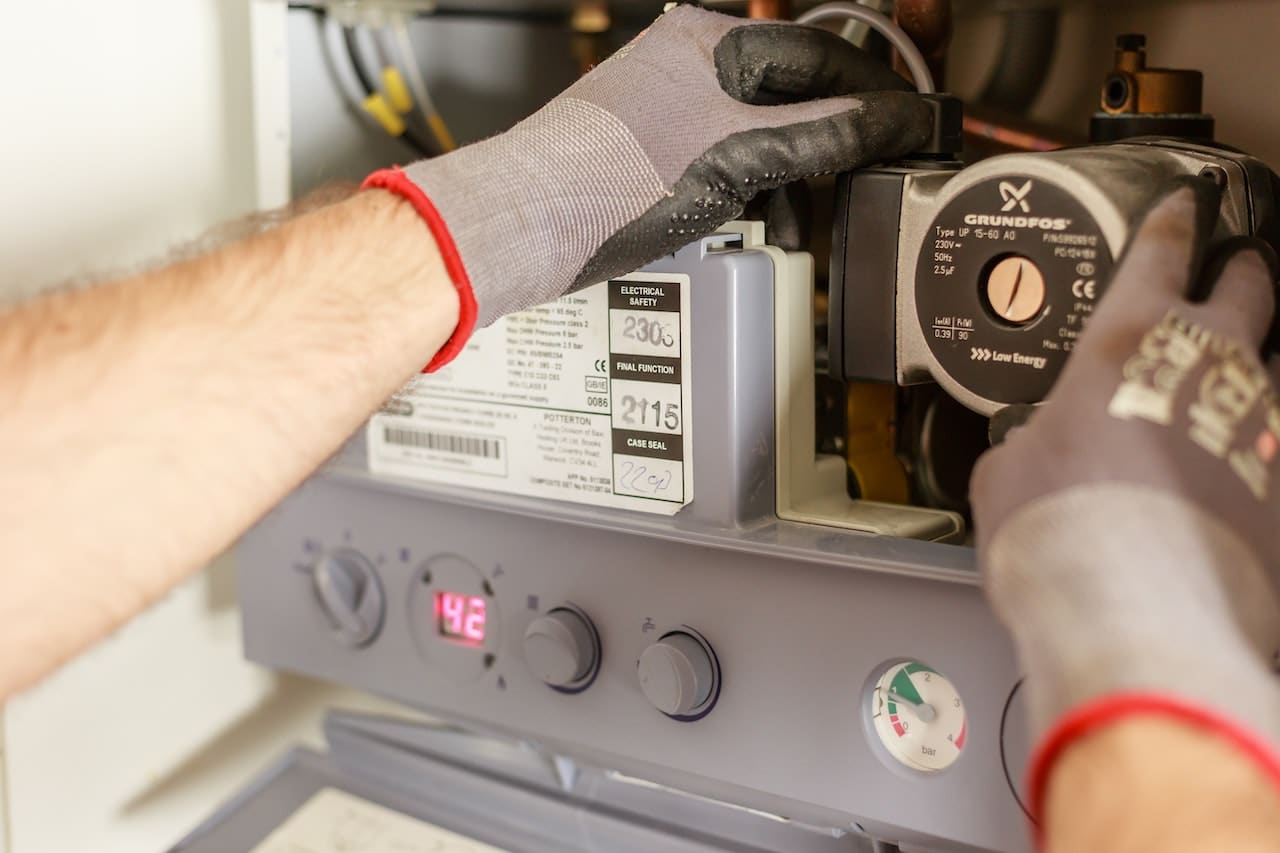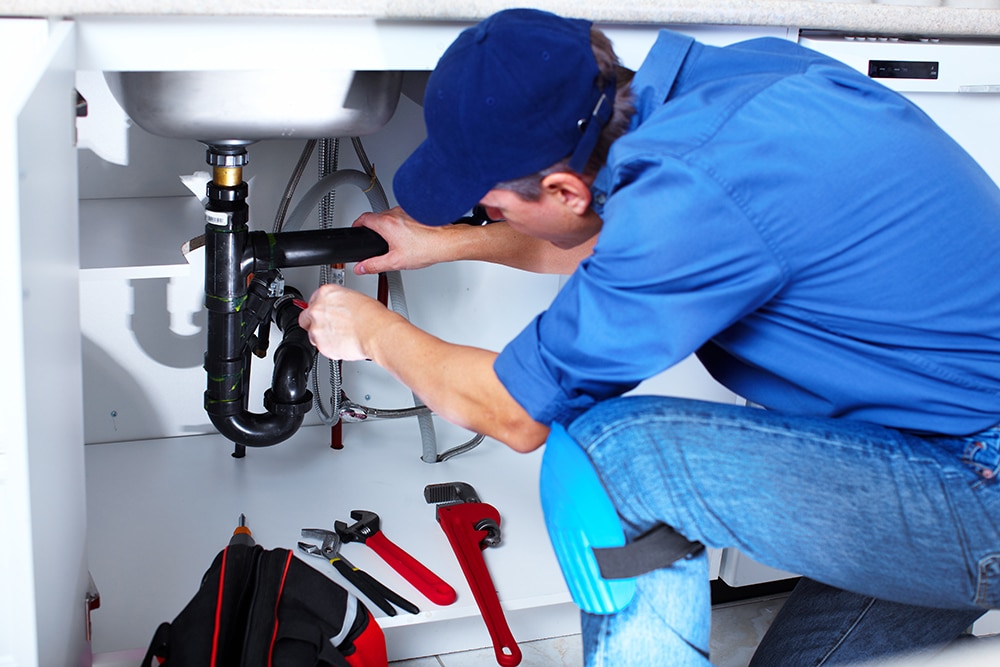The first time you hear kettling in your boiler, you should get it checked immediately. Kettles are noisy and will interfere with your boiler’s ability to heat your home. Not only will your heating bill increase, but your home may become unevenly heated. If you ignore the problem, it may eventually damage the heat exchanger. Ultimately, it may lead to the need to replace it.
Identifying a leak
Identifying a boiler leak is crucial when repairing this appliance. If the boiler has a visible water level, then you may have a leak at the feed and expansion tanks. The leaking pressure can be caused by corrosion or leaks in the rolled tube joints. To check for a leak, tighten the fittings with a spanner. If you suspect a leak in the rolled tube joints, call a qualified heating contractor to diagnose the problem and repair it.
The most common place for a boiler leak is underneath. However, water leaks can also occur from other areas of the boiler. This can make the process of identifying a leak tricky. If you’re not familiar with plumbing, don’t attempt this unless you have the necessary experience and expertise. Identifying a boiler leak may even be easier than you think. Here’s how to do it:
Limescale build-up
If you have ever noticed that your boiler is making a lot of noise or is not as effective as it used to be, it is likely that you have an issue with limescale build-up. To solve this problem, you need to take your boiler to a professional who can get rid of the build-up. Here are some tips that can help you solve this problem. Keep reading to learn how to solve limescale problems in your boiler.
Hard water causes limescale build-up in appliances. The minerals found in it, including calcium, precipitate out of solution and bond with surfaces. High temperatures speed up this process. The heating elements in your boiler are particularly vulnerable to limescale build-up. Because of this, it is most likely to form on the hottest parts of the heating element. This is particularly common in older boilers with heating coils.
Drone noises
If you hear a high-pitched whistling sound from your boiler, there are a couple of things you should check. First, your pump is probably not working properly. If this is the case, you should replace the pump. Secondly, if the noise continues, you should look for a leak. In these situations, a qualified heating engineer should investigate the noise. You may need to change the filter as well. If none of these options works, you should call a boiler engineer.
If the noise is coming from the air intake pipe, the main cause may be blocked debris. The air intake pipe leads outside of the property and can become blocked with debris. There have even been instances where bird nests were found in flues! To prevent this from happening to you, check the air intake of your boiler as quickly as possible. In addition, it is a good idea to keep an eye out for debris that could be causing the noise.
Overheating
Overheating in a boiler can occur for a variety of reasons. If the boiler is not turning off after a period of time or if the temperature inside the boiler rises above normal, it is most likely a sign of overheating. In addition to overheating, this problem can also lead to a malfunctioning safety system. If you suspect overheating, call your local fire department or emergency preparedness center immediately.
One of the common causes of overheating is limescale buildup. Hard water contains minerals like calcium and magnesium that can easily cause a boiler to overheat. Limescale deposits are very small, but can build up on large water systems. If they are allowed to build up, they can cause issues, such as restricting the flow of water or blocking the heat exchanger. The main symptom of overheating is a kettling noise.


